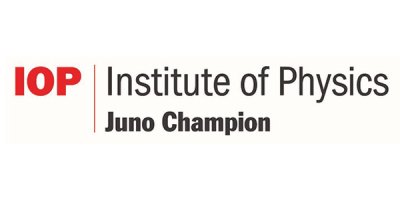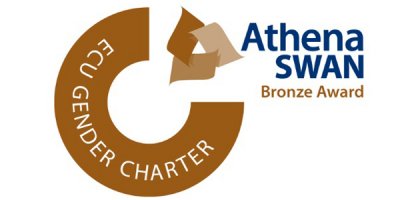
Equality, diversity and inclusion
In our School we are committed to fostering the next generation of mathematics and physicists in an environment that is diverse and inclusive, ensuring equal opportunities for all, independently of their race, age, gender, sexual orientation, disability, or other protected characteristic.
Our equality, diversity and inclusion mission
Our School exists to generate and disseminate knowledge and understanding of the physical world. To achieve this goal and deliver novel solutions to “grand challenge” problems, we foster the next generation of young minds, nurturing and supporting talent irrespective of race, age, gender, sexual orientation, disability, or any other protected characteristic.
Our equality, diversity and inclusion (EDI) strategy sets out our vision for growing and supporting diversity in physics. We seek to ensure equal opportunity in both mathematics and physics education and careers, for students in school and university classrooms, for our University staff, for students and staff placed at our industry and partner institutions, and in the broader physics ecosystem.
Industry and other partner institutions
We have a dedicated industry liaison lead to work with our industrial, academic and other partner institutions to ensure our EDI mission and goals are aligned. We ask visiting tutors to enquire with students on any EDI issues they have experienced, as well as any good practice that we may learn from. This then feeds in to our EDI action plan.
Promoting equality and diversity

Gender equality
We are a member of the Institute of Physics equality and diversity initiative, Project Juno, that rewards physics departments for promoting gender equality in physics, and have been awarded Juno Champion status. We have an active equality, diversity and inclusion (EDI) programme with the goal of continuing to grow the diversity of our student body and ensuring a welcoming environment for all.
To become a Juno Champion we have embedded the six key principles into our everyday practice.

We are proud to hold an Athena SWAN Bronze Award for mathematics. The Athena Swan Charter is a global initiative which aims to support and transform gender equality within higher education and research, with awards that are given to institutions that recognise their commitment to advancing women’s careers in science, technology, engineering, maths and medicine.
By being part of Athena SWAN, we are committing to a progressive charter; adopting these principles within our policies, practice, action plans and culture.
Breaking down stereotypes
We promote equality, diversity and inclusion best practice in physics with the community and local schools to break down stereotypes, and encourage people from all backgrounds to consider an education and career in physics.
We have launched a new collaborative exhibit with the Winchester Science Centre and Planetarium, “Physicists Like Us”, to showcase the rich diversity of physicists and physics careers both historically and today.
We are launching a new initiative, the “Surrey Physics Academy”, to provide continuing support for disadvantaged and minority students studying physics at school, from GCSE through A-level and university to a career in physics.
We have developed a code of conduct for research collaborations that we have made publicly available for others to share, adapt and use. And we continue to lobby our Faculty, University and the wider physics ecosystem to drive positive change.
Metrics for success
We are developing metrics to monitor and report on our success in growing diversity, and reflect on and improve our diversity strategy. These include, but are not limited to:

Equality and diversity at Surrey
The University of Surrey recognises the wealth of benefits to be gained from a diverse national and international University community in which every individual contribution is valued.













